Two cubs of the giant panda, which were born on Monday in the aquarium of the Madrid Zoo, are feeling well and in good health, the zoo’s management said on Tuesday.
It is still too early to confirm the sex of panda cubs, said the zoo, waiting for help from two experts from the Chinese research base for breeding giant pandas in Chengdu.
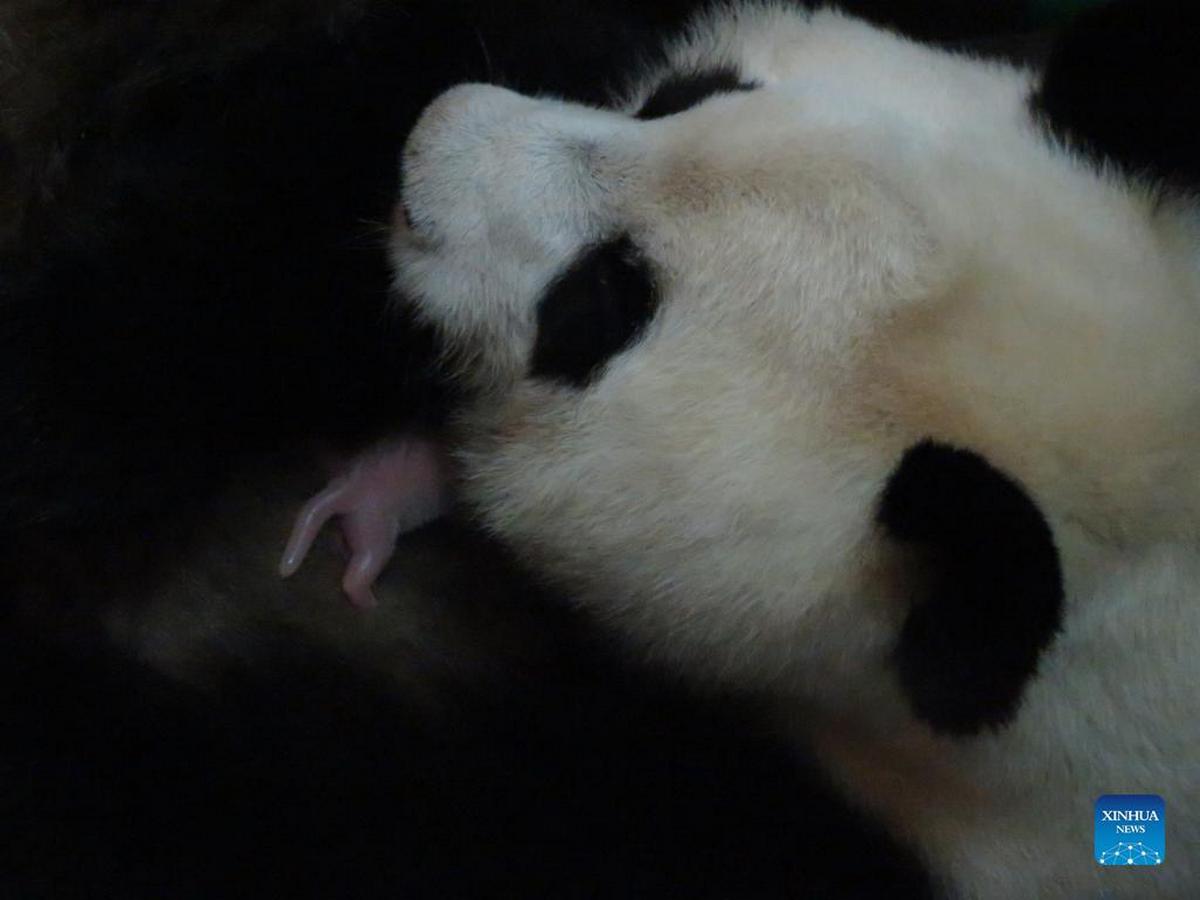
“There are two experts from Chengdu here, and their advice is very important because they have a lot of experience. They help us a lot, especially in dealing with the twins, who are very gentle,” said zoo employee Eva Martinez.
The first eight weeks will be crucial for the survival of two tender cubs.
“In the wild, the mother chooses one of them for upbringing, and leaves the other. But thanks to the knowledge of Chinese experts, we were able to cope with both, changing their places,” added Martinez.
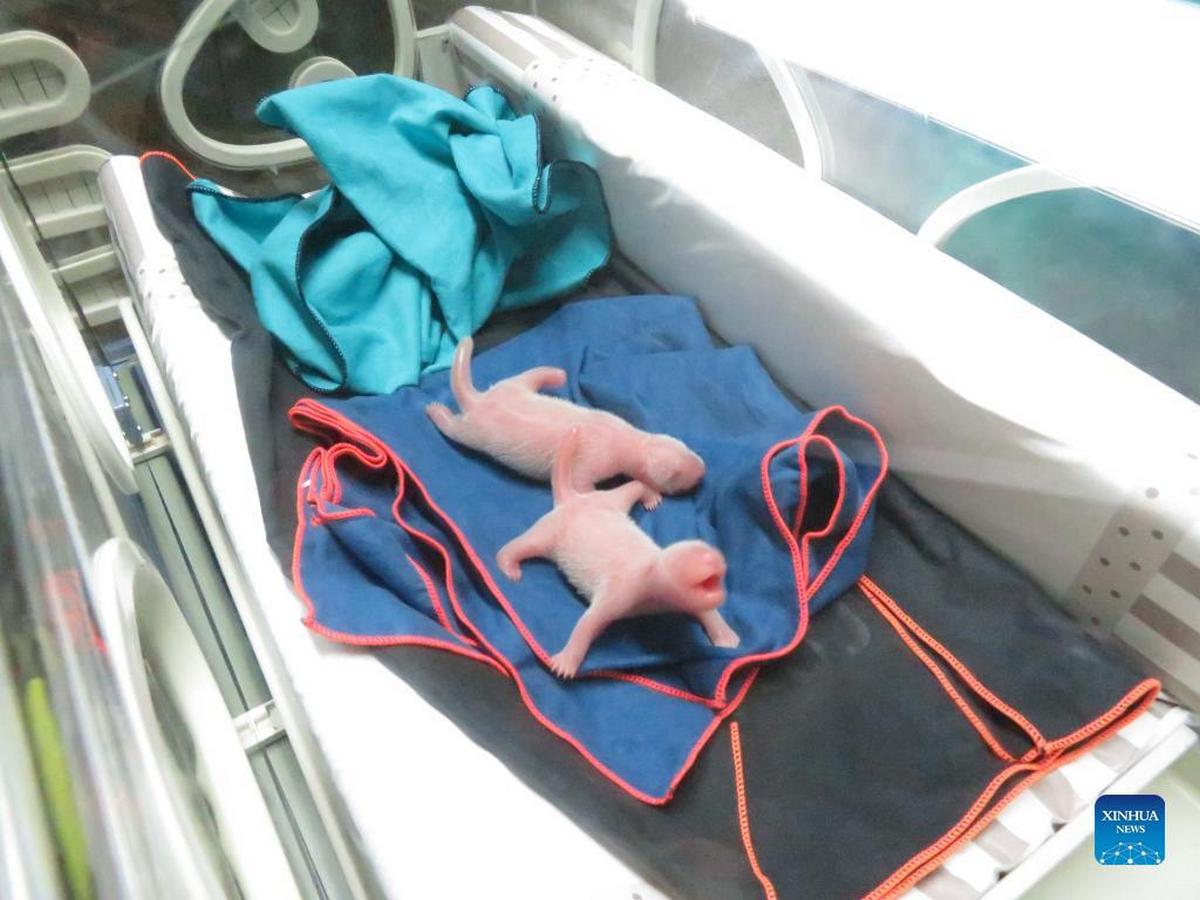
Over the next 20 days, hairless pink cubs will begin to open their eyes and their skin will pigment as their fur begins to grow. However, they need special attention for two and a half months while they are gaining strength, and they will be given names with Spanish-Chinese symbols, chosen by the public on social networks.
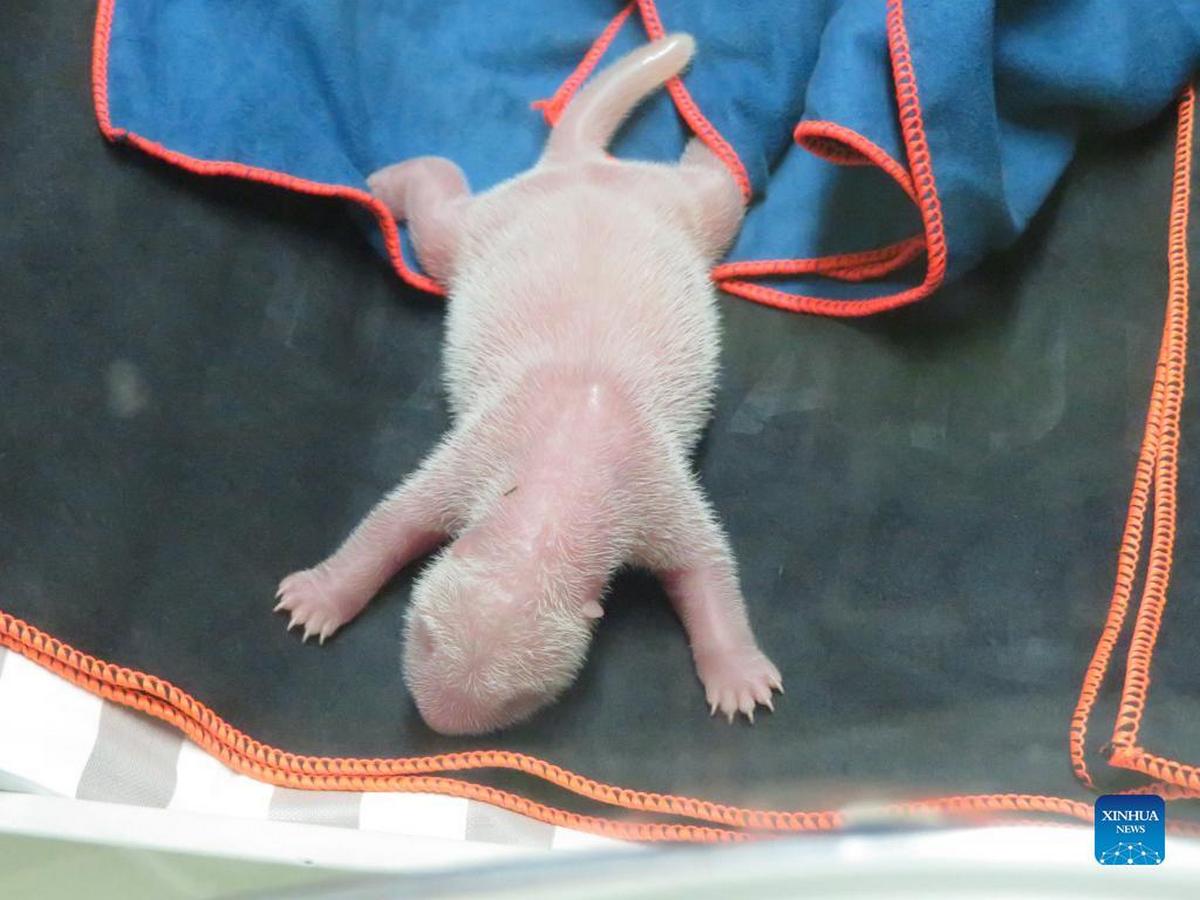
The twins became the fifth and sixth offspring born at the zoo to female panda Hua Zuiba and her partner Bing Singh, who were temporarily taken from China.
“It’s an achievement and a success that she gave birth again, because the animal is already 17 years old,” said Xinhua, another caregiver, Maria Delacroix.
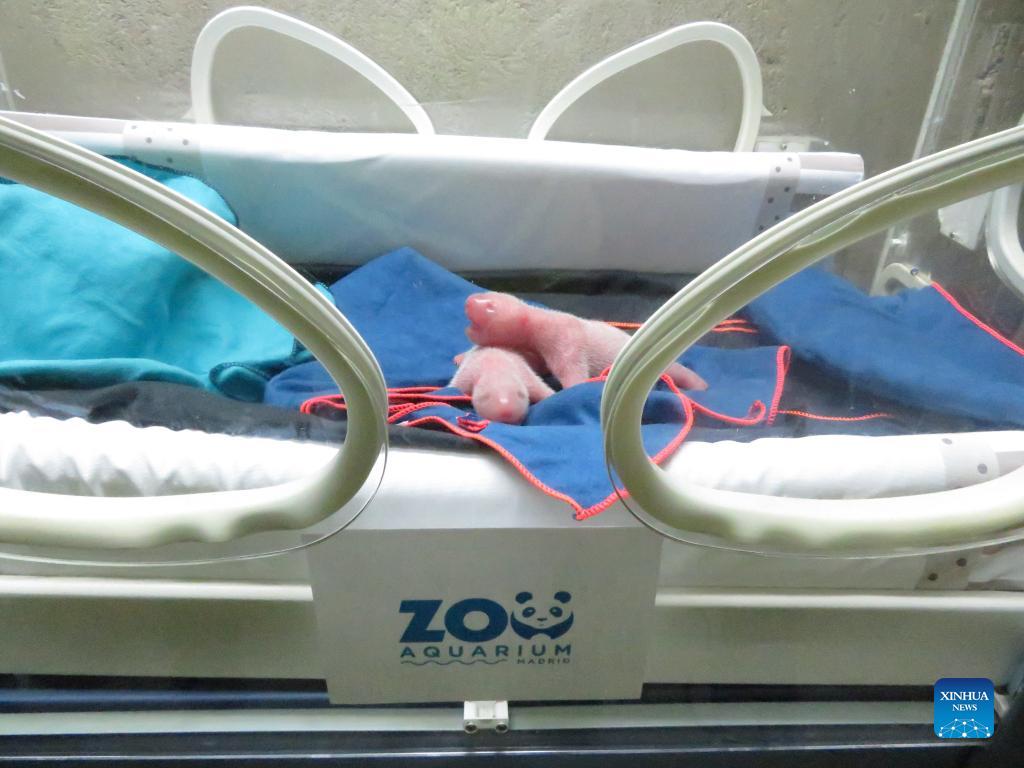
Through the Parques Reunidos Foundation, the Madrid Aquarium Zoo cooperates with China in the field of conservation and restoration of forests in panda habitats.
According to the zoo, its conservation program and the programs of other breeding centers and zoos are vital to ensure the survival of the giant panda, whose threat category has been reduced from “endangered” to “vulnerable”.
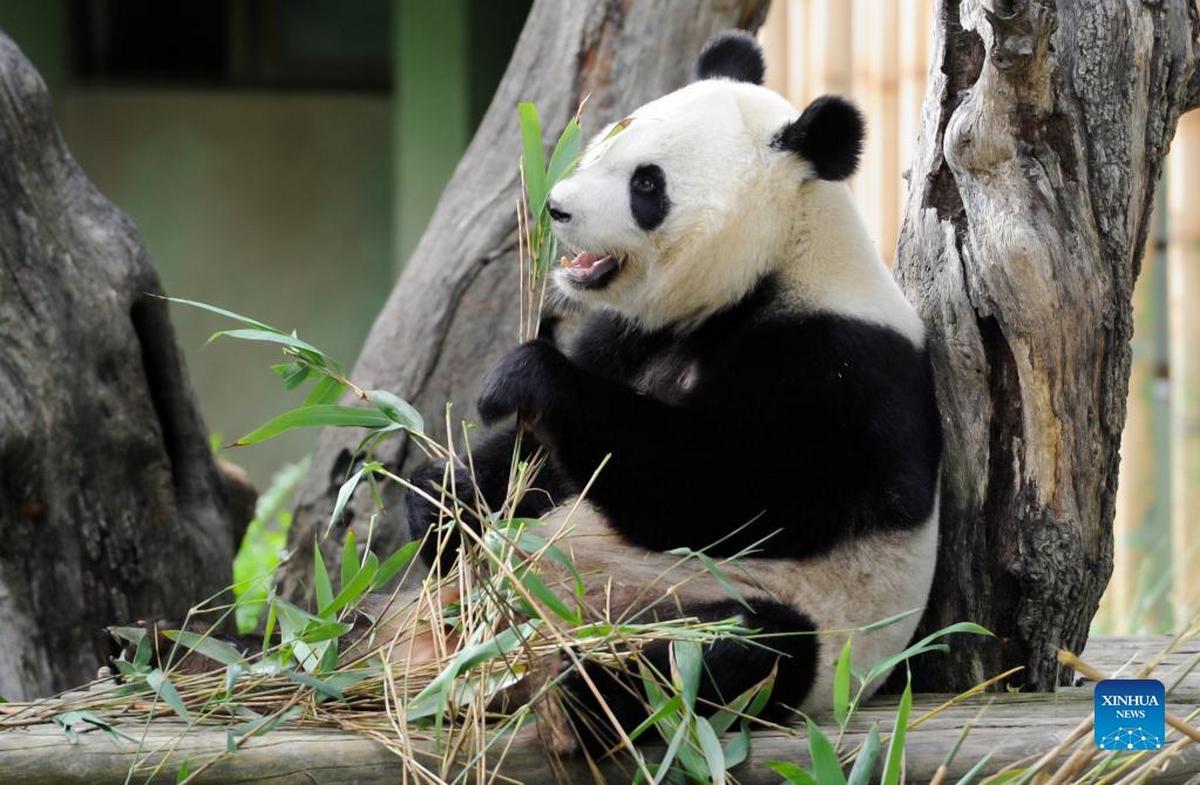
“The birth of a panda is very important for the zoo and breeding program, and thanks to all the successful births in various institutions, the threat to the giant panda has decreased, and now we have more individuals than a few decades ago,” said Martinez Xinhua.
Source: Xinhuanet
